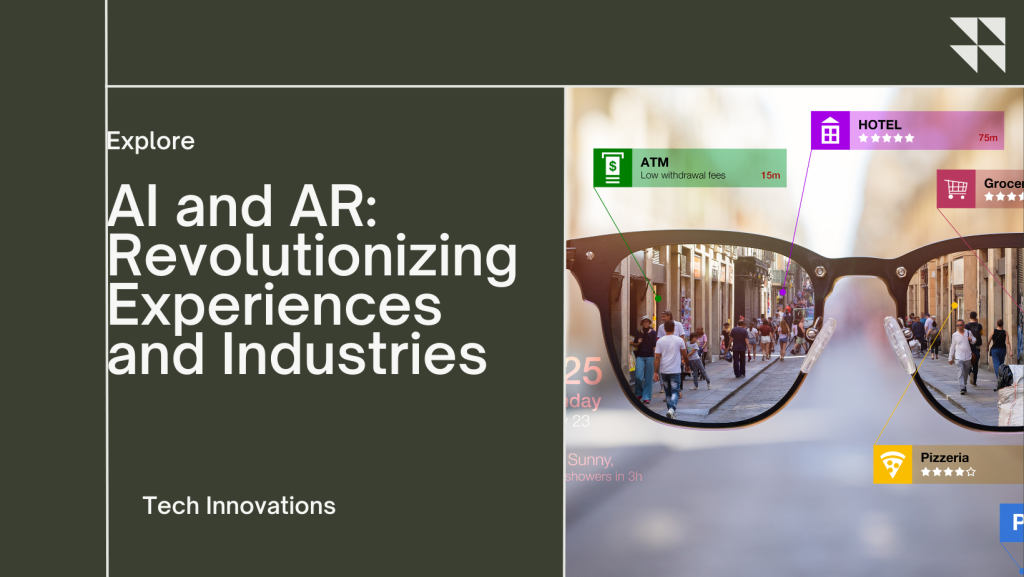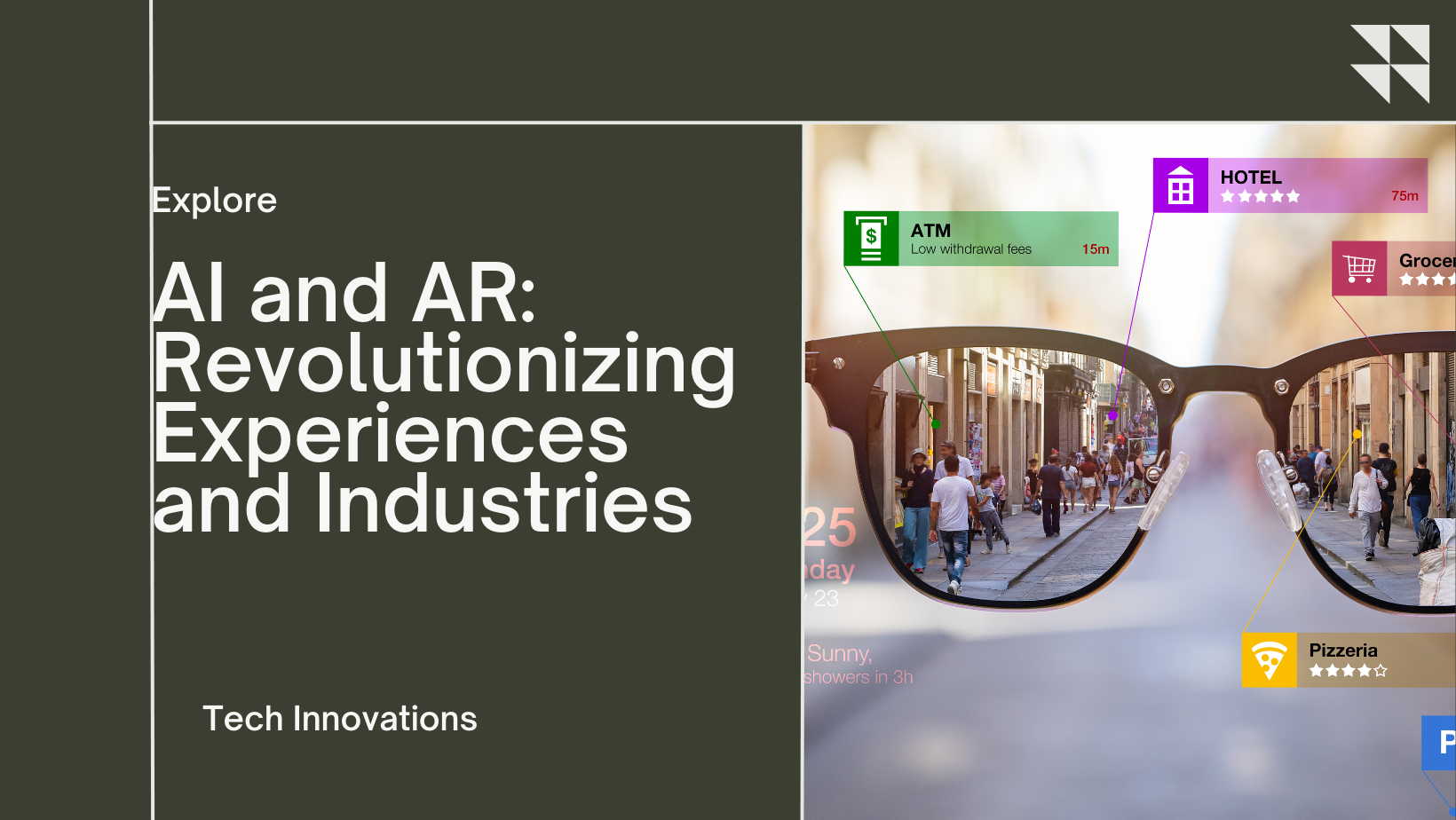Augmented Reality (AR) has rapidly evolved from a futuristic concept to a mainstream technology, revolutionizing the way we interact with the world around us. When combined with Artificial Intelligence (AI), AR becomes even more powerful, enabling more immersive, intelligent, and personalized experiences across various industries.
AI enhances AR by enabling intelligent object recognition, scene understanding, and real-time data processing. For example, AI algorithms can analyze the user’s environment and identify objects and surfaces in real-time, allowing AR applications to seamlessly integrate virtual content into the physical world. This opens up a wide range of possibilities, from interactive gaming experiences to innovative retail shopping experiences where users can visualize products in their own space before making a purchase.
In the healthcare industry, AI-powered AR applications are being used to assist surgeons during complex medical procedures by providing real-time guidance and feedback. By overlaying virtual information, such as patient data, medical images, and anatomical structures, onto the surgeon’s field of view, AI-enhanced AR systems help improve surgical precision, reduce errors, and enhance patient outcomes.
AI-driven AR also has significant implications for the retail and marketing sectors. Brands can use AR to create immersive shopping experiences that allow customers to try on virtual clothing, preview home decor items, or visualize products in their own environment before buying. By leveraging AI to analyze customer preferences and behavior, retailers can personalize AR experiences to better meet individual needs and drive engagement and sales.
Additionally, AI-powered AR is transforming the field of education by creating interactive and engaging learning experiences. Students can use AR applications to explore historical landmarks, dissect virtual animals, or simulate scientific experiments, bringing learning to life in ways that were previously impossible. AI algorithms can adapt the content and difficulty of AR educational experiences based on individual student performance, providing personalized learning experiences that cater to different learning styles and abilities.
As AI and AR technologies continue to advance, the possibilities for their integration are virtually limitless. From enhancing entertainment and gaming experiences to revolutionizing industries like healthcare, retail, and education, AI-driven AR is poised to shape the future of how we interact with the world around us, offering new opportunities for innovation, creativity, and growth.


